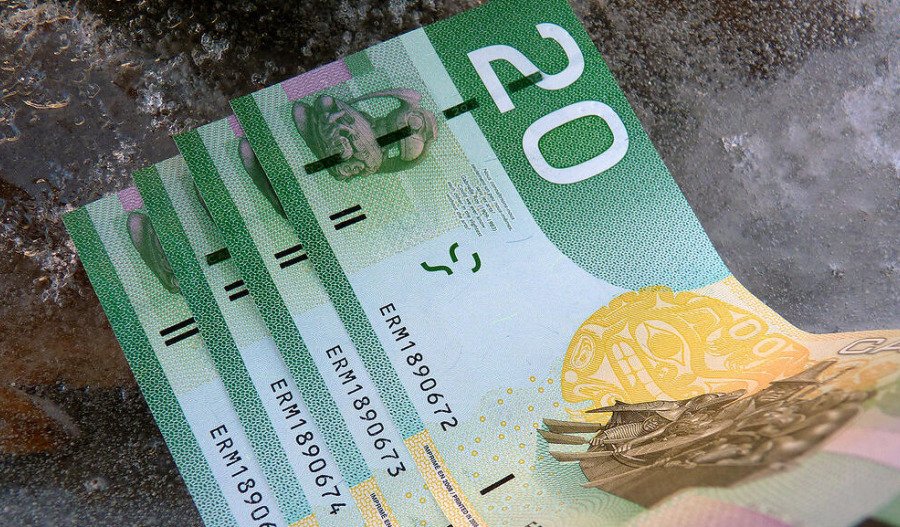The United Kingdom's annual inflation has slowed from 2.8% in February to 2.6% in March, according to data released by the Office for National Statistics (ONS).
This is lower than the analysts' forecast of 2.7% and a sharp turnaround. These notes a sharp turnaround from the 3% inflation reported in January.
It’s also a 0.6% decrease from the same time last year.
Core inflation, which includes energy, food, alcohol, and tobacco prices, rose by 3.4% in the year to March, slightly down from 3.5% last year.
According to the ONS report, the largest downward contribution came from recreation and culture and motor fuels as well as a downward effect from housing and household services, partially offsetting the upward contribution from clothing.
While inflation is trending down, U.K. households aren’t out of the woods yet. The Bank of England predicts a rise to 3.6% in April due to a string of bill hikes that are set to come into effect.
The Trump administration's tariffs could also have an impact on inflation, with economists giving mixed reviews. The Resolution Foundation's research director, James Smith, said that the U.K’s inflation hinges on the tariffs.
“Global trade uncertainty could drive down our prices, with oil already down more than 10% since the start of April – but a global trade war would create renewed inflation, increasing pressure on British families already struggling with the cost of living,” he said.
Related content



